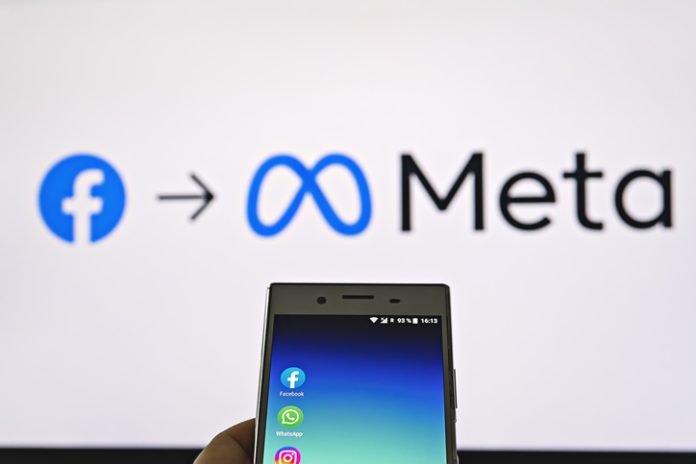In a recent interview with The New York Times, Meta CEO Mark Zuckerberg unveiled a bold vision for the future of his company, signaling a significant shift in focus towards private social messaging. Zuckerberg emphasized that messaging apps, particularly WhatsApp, are the “next chapter” for Meta and could play a pivotal role in the evolution of business communication.
This strategic pivot is not merely a change in features; it represents a fundamental reimagining of how people connect and interact in the digital realm. With the ubiquity of mobile phones and the constant stream of content and messages, Zuckerberg sees an opportunity to create a more personalized and intimate experience than the traditional social media feed.
One of the key elements of this shift is the potential transformation of WhatsApp into a hub for business messaging. Meta envisions a future where consumers can seamlessly engage with businesses through private messaging, providing a more direct and personalized channel for communication. This move aligns with the broader trend of consumers seeking more intimate and private spaces online, away from the public scrutiny of traditional social media platforms.
The implications for businesses are substantial. As Meta places its bets on private messaging, the nature of how businesses interact with consumers is poised to undergo a significant transformation, we’ll more importance on WhatsApp marketing strategies. Here’s how:
1. Personalized and Intimate Customer Interactions
Private messaging opens up opportunities for businesses to engage with customers on a more personal level. Direct, one-on-one conversations allow for tailored interactions, fostering a sense of intimacy and trust between consumers and brands.
2. Elevated Customer Service
Businesses can leverage private messaging to enhance their customer service offerings. Quick responses, real-time assistance, and personalized solutions can be delivered seamlessly, contributing to improved customer satisfaction and loyalty. Online art poster retailer Artilk.com is just one of millions of businesses using social messaging chatbots, “We’ve improved our customer satisfaction rates by approximately 60% which can be credited to our conversational AI approach” Explained Lee Edwards, head of customer support at Art Ilk.
3. Targeted Advertising Through Shop Ads
Meta’s focus on private messaging doesn’t mean it’s neglecting advertising. The integration of Shop Ads within messaging apps could revolutionize targeted advertising. Businesses can reach consumers in a more contextual manner, offering products and services based on individual preferences and behaviors.
4. Click to Message
The “Click to Message” feature, hinted at by Zuckerberg, suggests a streamlined way for businesses to convert leads into customers directly within the messaging platform. This can simplify the sales funnel, reducing friction for consumers and enhancing the efficiency of business-consumer interactions.
5. Data Privacy Concerns
While the shift to private messaging addresses user preferences for more intimate online spaces, it also raises concerns about data privacy. Businesses must navigate this landscape carefully, ensuring compliance with privacy regulations and fostering trust with their audience.
As Meta redefines its focus, businesses need to adapt to this changing landscape. Embracing private messaging as a core component of their communication strategy can position them to capitalize on the evolving preferences of digital consumers. The future of business-consumer interaction is being shaped by Meta’s bold vision, and those who align with this shift stand to gain a competitive edge in the evolving digital marketplace.



































